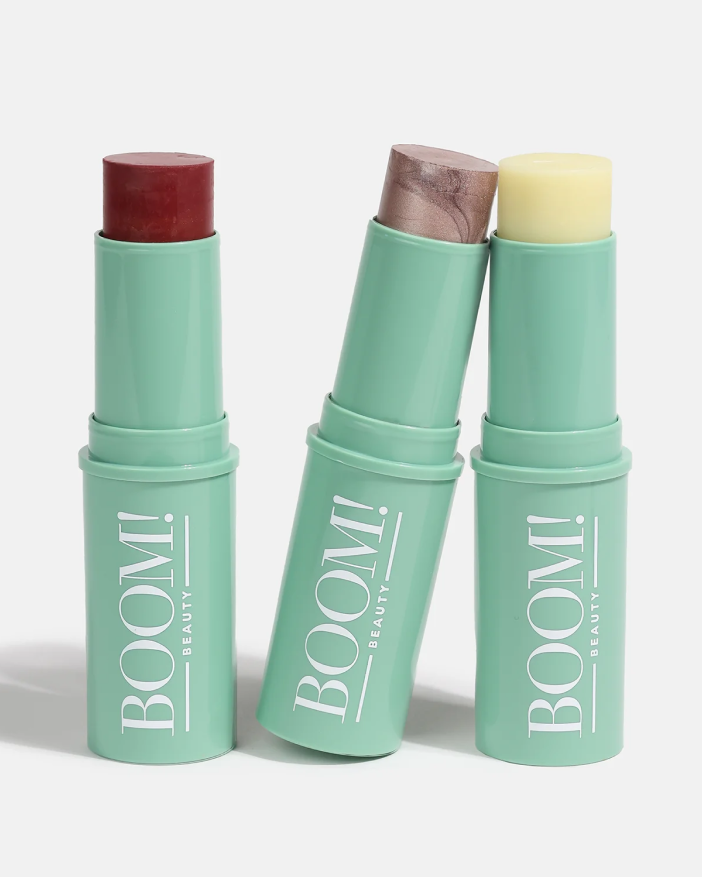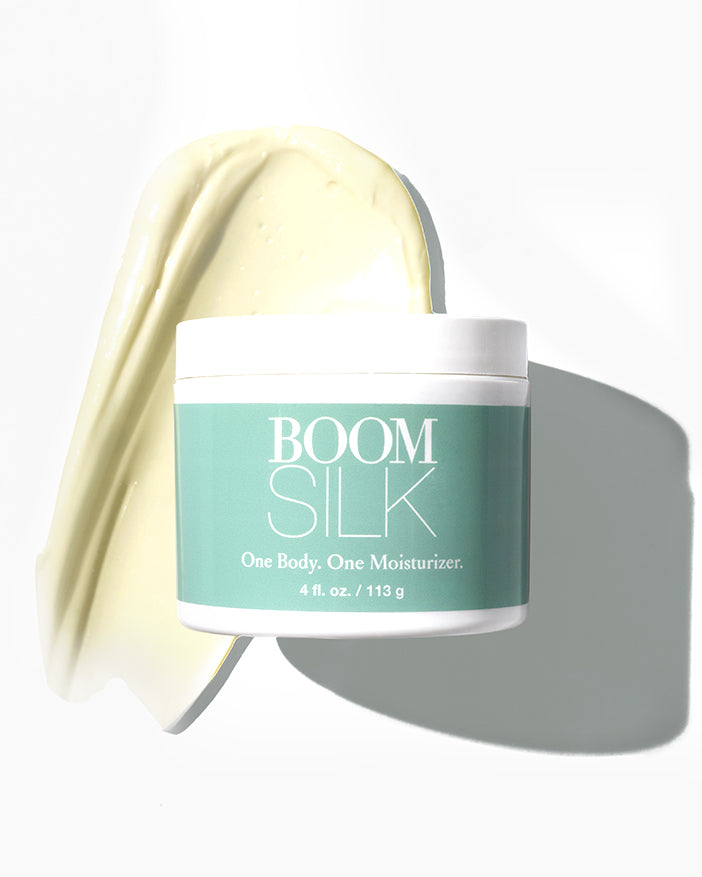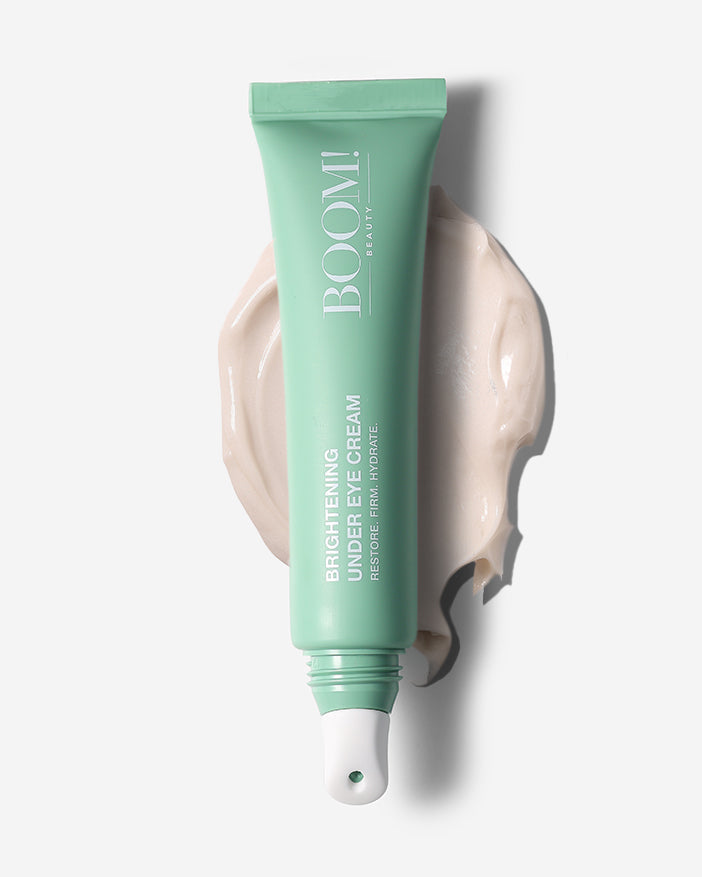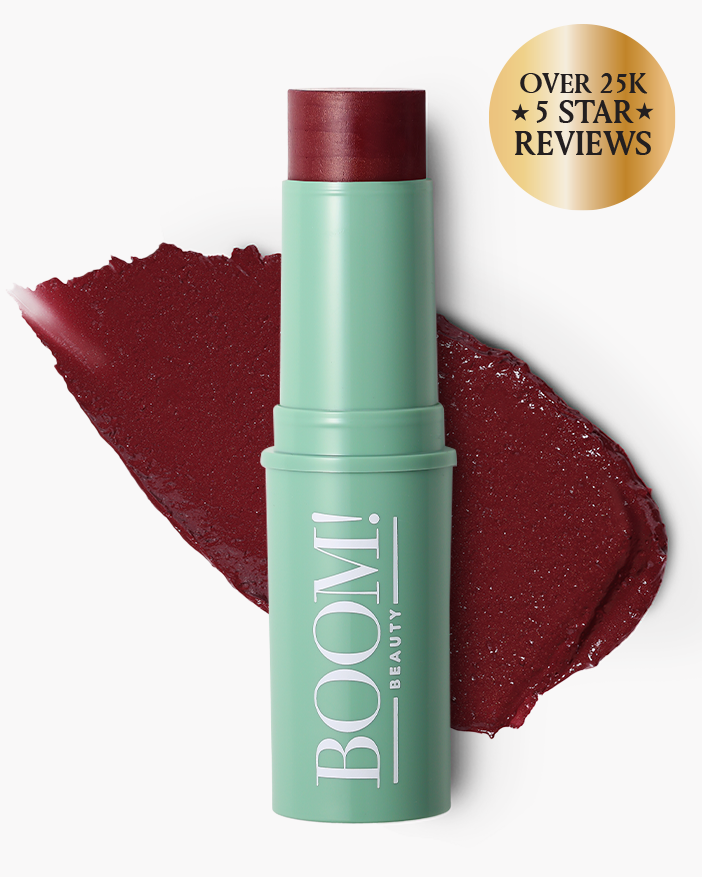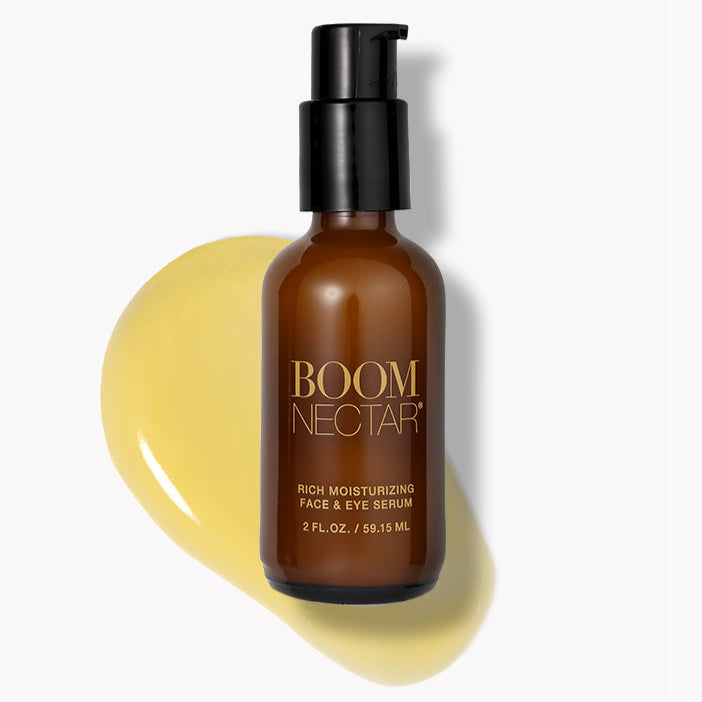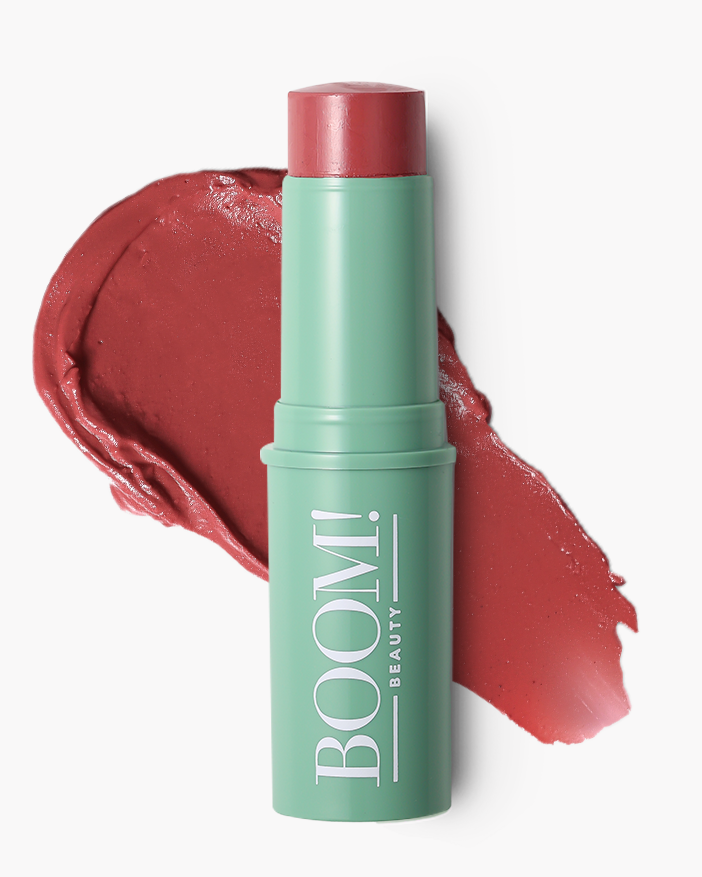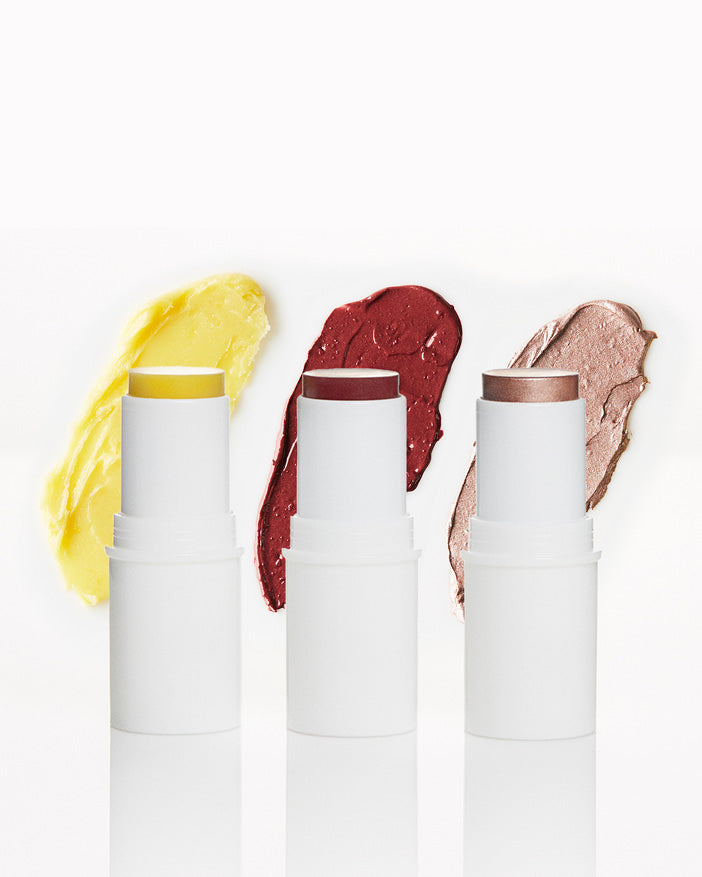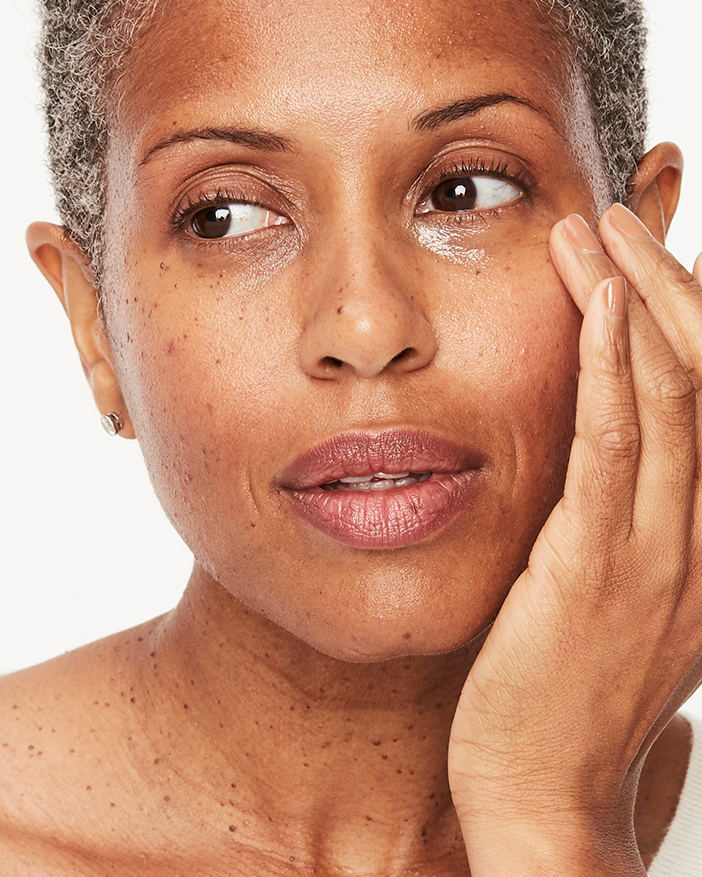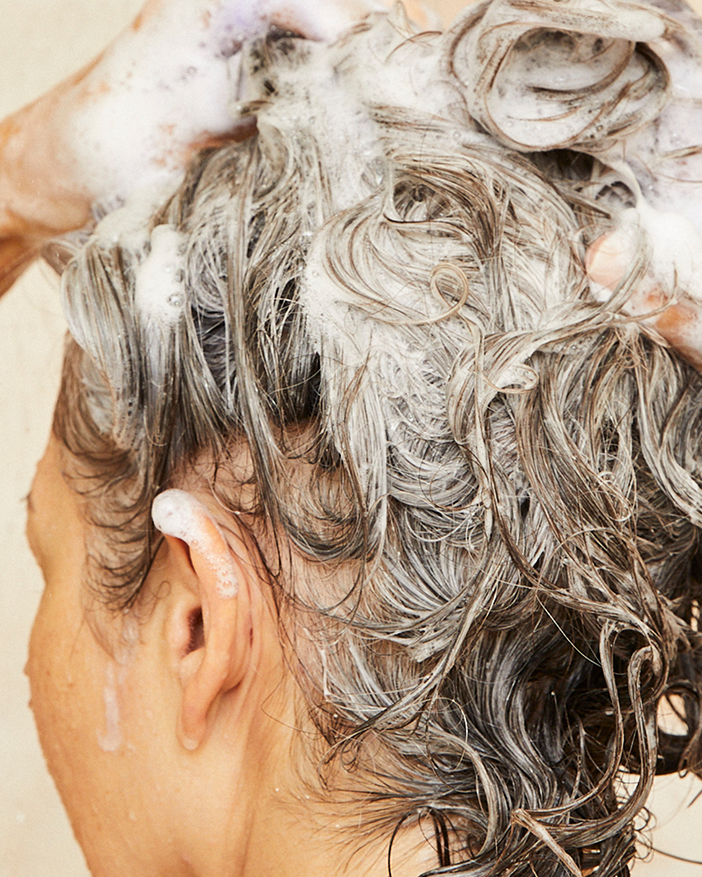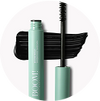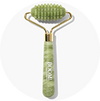Walker's Story
“I was taught to be silent. Suddenly, I realized I wouldn’t get anywhere if I did that.”
After a lifetime of being told to be quiet, Walker is now speaking out. At 62, Walker coaches other women over 50 about love, dating, and living an authentic life.
Hear her story in today’s video.
Video Transcript:
I am Walker Thornton, 62.
I was told all my young life that I needed to be quieter. Men wouldn't like me. I talk too much. I have report cards that say, "She talks too much." So I was taught to be silent.
And then I suddenly realized I would never get anywhere if I did that. So I waited too long to get a divorce, because I didn't think I had the right.
So my practice, for me, and for the women I write for, over this last four or five years, has been to say, "We can have anything we want."
I talk, and write, and coach to women around sex: Older women, sexuality, aging, menopause, trying to dispel myths, and encourage women to step up and ask for what they want, and to have fun.
And I encourage women, when they're feeling kind of uptight about their sexuality, to start with sensuous experiences—with massages, with touching things, with playing with textures, different tastes, and things. That is how I think we get ourselves kick-started.
Sensuousness to me, as I have come to look at it over the last couple of years, is about how my body feels. It's about what I put on my face. It's about the clothes I pick. The traditional sense of what's sensuous means yummy foods, things that give me joy—and they make sex better too. So it's kind of all wrapped up in one for me.
I was dating post-divorce, so I was in my early fifties. And I was writing about it and sort of trying to figure out sex all over again, and realizing there weren't many resources and hearing from other women who felt the same way.
I thought, "Oh yeah, there's this gap, there's this place that older women get stuck in."
Dating can be kind of tough when you re-enter at an older age. You've either come out of a divorce and it was bad and there were challenges, or you're widowed or maybe you've never married and decided to start over again, or you've changed orientation.
It's kind of unknown, and it's kind of freaky, and it requires being willing to really put yourself out there. And then face that honesty, because if you are doing online dating, there is a lot of rejection in it. I'm clenching my hands just thinking about it. You know, you put your picture out there and no one responds, and you go away, and you go, "Oh my God, what is wrong with me?"
For me, it was a challenge and it was a lot of fun.
I mean, I am on online dating again at the moment, and I get the range. I get sincere people. I find people who are also afraid themselves, so they feel as flawed as I do sometimes.
I'm heterosexual, so there is this conception that men have it all together, and that they're going to be more assertive and take charge. And, in reality, I think they're just as nervous and uptight as we are. So they show up with all the same flaws and they lie about their age, and they put up different pictures. They say they're not married when they are.
You know, I feel so much more at ease, relaxed. Clearly, I have a different body, but I'm used to it, I'm comfortable with it, and I think it is a great age.
At 20 I had angst and, you know, I was trying to be a good wife. I married early and got all kind of settled in, and now I'm on my own.
When the gray first started coming in, there is this gray streak right here, and I liked the way it looked. And I just don't want to go and hide it.
I don't want to spend the money. I don't want to pretend. I mean, I could do that, I could hide the grey, and I've been told by men that I should. But you would still see age in my hands, you would see age elsewhere.
I think, and this is part of my work too, is that if I start making excuses and hide my age, then that doesn't make me a very good role model for other women.
I think if one is so afraid of their age that they do a lot to try and cover it up, that ultimately what that means is that they are not really living a real life. They're more anxious about whether it is time to go back, and get that little bit of gray dyed, and I think it takes us out of our day-to-day living.
We are so accustomed to almost every ad, every image we see, being thin, beautiful, younger women, so we don't really see a realistic portrayal. We don't get to see people who look like most of us do.
That whole marketing: it markets to our fears. I mean, it markets to every anxiety we have. And it keeps saying, "You're not okay this way. Dye your hair. You're not okay this way, get spanks. You're not okay."
You know, we kind of pull in, because we don't feel like we are quite right. It has become an awareness, because I am paying more attention to it. I am on the lookout for it, because I want examples to use in my own work, so I'm paying attention. And I do step up and say something, you know.
Yes, I am a senior, so I quickly offer my age all the time. People will go, "Ooh, it's okay." And I go, "No, I am 62." And I do that a lot, because I want to say, I'm not embarrassed about my age, and you can't take that from me. So if you're going to shame this, I'm going to beat you to the quick and to the punch and just say, "Here's how old I am."
I keep trying to show up as who I am. I mean, I think that's what this is all about here. It's what Cindy Joseph is doing, and it's what I am trying to do too. That's the reason I put my name in for this. It was like well, why not? I mean, I can do this. I'm as vital as anybody.
And we just have to keep showing up individually.
CHECK OUT OUR MOST POPULAR CONTENT


